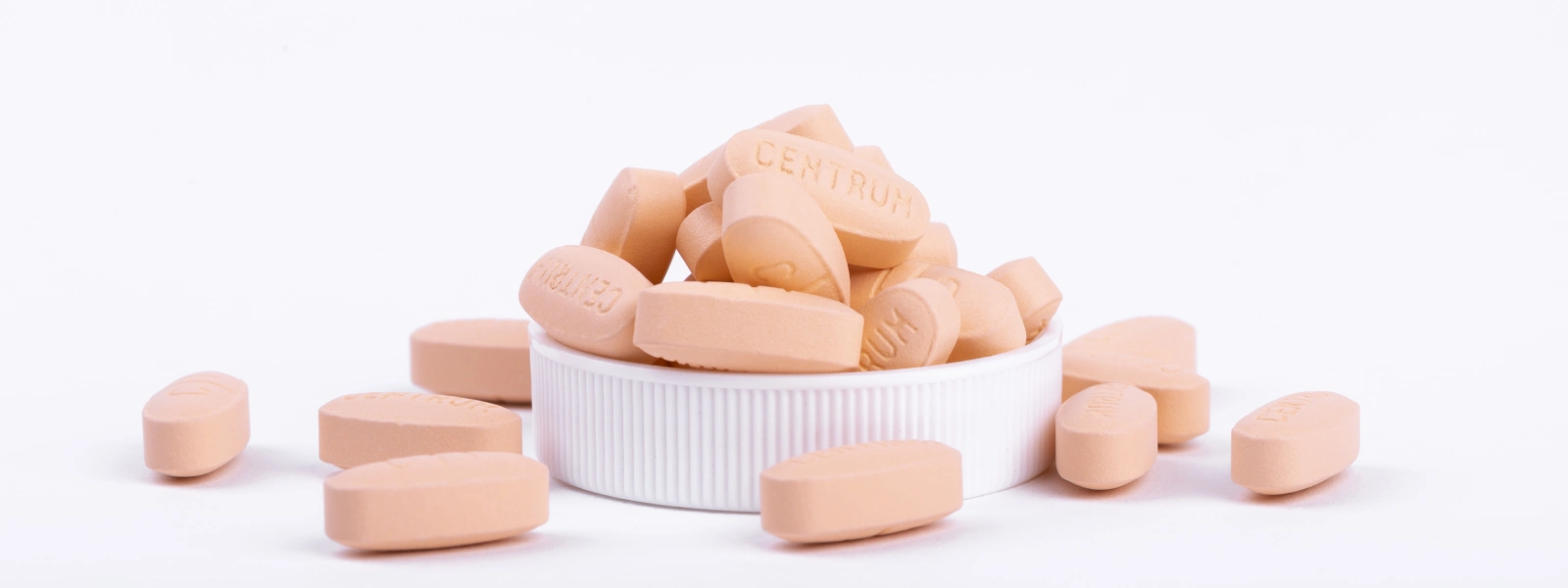Vitamin B12, which plays an important role in regulating brain functions and performing the normal functions of the digestive system, also plays a role in the synthesis of DNA and red blood cells. In addition, the benefits of vitamin B12 include reducing the levels of the amino acid homocysteine, which triggers the development of dementia, heart disease, stroke and osteoporosis. When the body's vitamin B12 needs are not met, B12 deficiency may develop. Muscle weakness, numbness in the hands and legs, memory problems, depression, extreme fatigue, anemia and depression are among the symptoms of vitamin B12 deficiency. In order to prevent and treat vitamin B12 deficiency, a nutrition program can be supported with foods containing vitamin B12 and B12 supplements can be taken under the supervision of a doctor.1 Read on for detailed information on the use of vitamin B12 and the answer to the question "How is vitamin B12 used?"

How to Use Vitamin B12?
Water-soluble vitamin B12 is not stored or synthesized by the body. Therefore, the B12 requirement must be met daily with foods or supplements. The daily B12 requirement of adults over the age of 14 is approximately 2.4 mcg. However, this amount varies depending on the person's age, lifestyle, and special conditions such as pregnancy and breastfeeding. Adults between the ages of 14 and 50 can generally meet the recommended daily B12 intake with foods. Nutritional supplements may be recommended for any health condition that prevents B12 absorption and intake. Since B12 absorption decreases in individuals over the age of 50, the need for vitamin B12 increases, and B12 use is generally common in older individuals. So, how is vitamin B12 supplementation used? The absorption of vitamin B12 in supplements is low. Only 10 mcg of a nutritional supplement containing 500 mcg of B12 can be absorbed by the body. During pregnancy, the body's B12 requirement is 2.6 mcg and in breastfeeding mothers, the B12 requirement is 2.8 mcg per day. In order to meet the increased B12 requirement during this period, it is recommended to use B12 in breastfeeding mothers and during pregnancy.2
Vitamin B12 is found in animal-based foods and B12 deficiency is seen in vegan or vegetarian diets that do not consume these foods. It is natural for the babies of mothers with B12 deficiency to also have B12 deficiency. Babies may not experience deficiency due to B12 stored in their livers for the first 3-6 months. However, symptoms related to B12 deficiency may be observed after 4-6 months. B12 use in babies should be under the supervision of a doctor.3,4 It is recommended that adults with B12 deficiency take 25-100 mcg B12 supplements per day. You may need to consult your doctor for the best dose of B12 supplements.
The question of how to use B12 can be answered according to the forms of the supplement:
- B12 supplements in tablet and capsule form are taken orally with plenty of water and it is recommended not to break or chew the tablet or capsule.
- For the use of cobalamin in sublingual and chewable tablet form, the instructions written on the supplement should be followed.
- B12 supplements in spray and oral drops can be applied directly to the mouth or under the tongue.
- The use of vitamin B12 in injection form is recommended for individuals with very low B12 levels in the blood or those who have disorders in the digestion and absorption of B12.
When Should Vitamin B12 Be Used?
After answering the question of how to use vitamin B12, another important issue is when to take the supplement. Since it is a water-soluble vitamin, supplements containing B12 should be taken with plenty of water. Since it plays a role in regulating energy balance, taking it in the morning helps balance the energy that has decreased during the day and prevents sleep from being affected at night.
Should Vitamin B12 be Taken on an Empty Stomach or Full?
Vitamin B12 can be better absorbed by the stomach when taken with a glass of water on an empty stomach. However, if you are also taking vitamin C, another water-soluble vitamin, taking these two vitamins at the same time can negatively affect B12 absorption. First of all, taking B12 supplements on an empty stomach and taking vitamin C at least 2 hours later can prevent vitamin B12 absorption from being affected.
How Long Should Vitamin B12 Be Used?
Your doctor may recommend using vitamin B12 until your B12 levels in your blood return to normal. However, if you have difficulty getting enough B12 from food or if you have a health problem that prevents B12 absorption and you follow a vegan or vegetarian diet, you may need to use B12 supplements for the rest of your life. If B12 supplements cause side effects, you should definitely inform your doctor.
Source
- https://www.health.harvard.edu/staying-healthy/should-you-take-a-vitamin-b12-supplement
- https://www.healthline.com/nutrition/vitamin-b12-dosage
- https://www.cdc.gov/breastfeeding/breastfeeding-special-circumstances/diet-and-micronutrients/vitamin-b12.html
- https://www.webmd.com/diet/b12-deficiency-children
- https://www.webmd.com/vitamins/ai/ingredientmono-926/vitamin-b12
- https://www.nhs.uk/medicines/cyanocobalamin/
- https://health.clevelandclinic.org/the-best-time-to-take-vitamins
- https://www.mayoclinic.org/drugs-supplements-vitamin-b12/art-20363663

